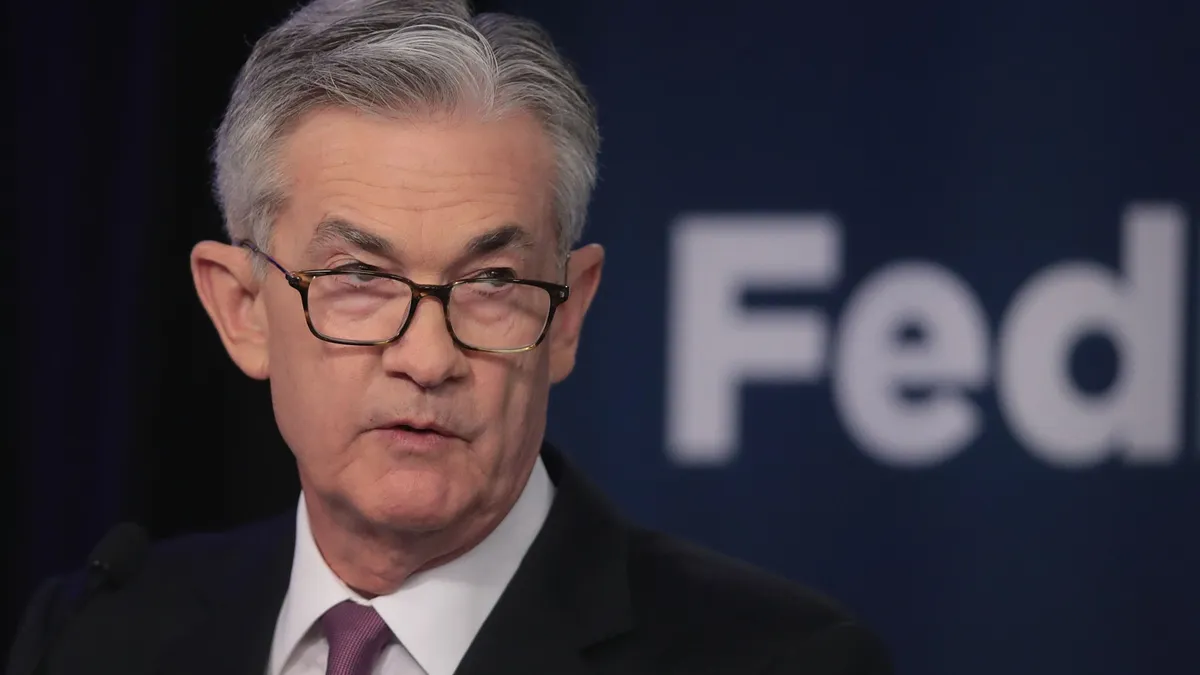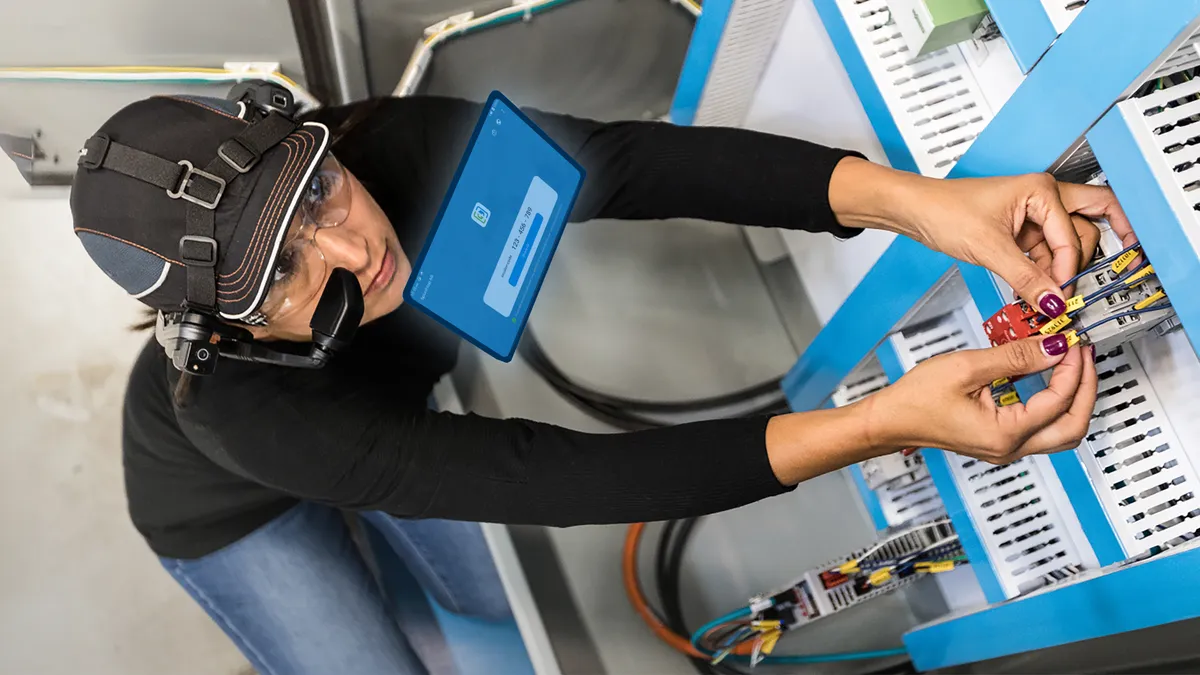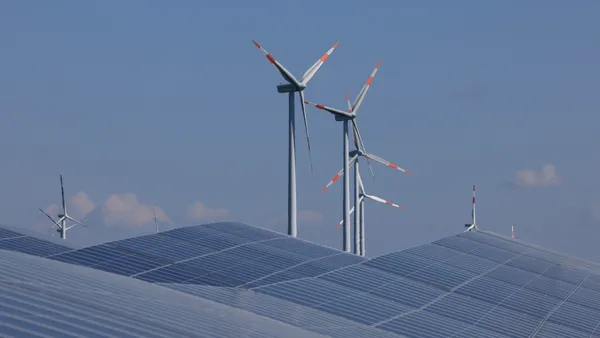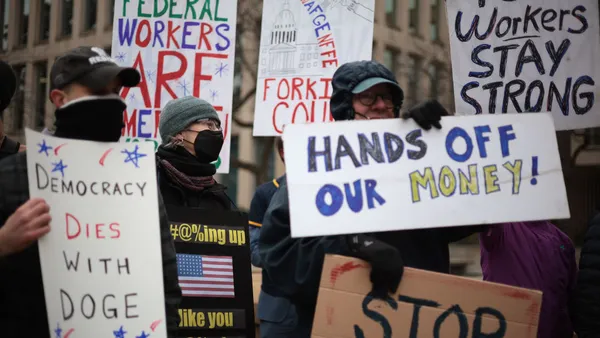Dive Brief:
- Consumer prices rose last month at a 3% annual pace, higher than expected and the biggest gain since June, according to a government report released Wednesday, soon after President Donald Trump called on the Federal Reserve to cut the benchmark interest rate.
- A 0.4% increase in shelter costs in January fueled 30% of the gain in the Consumer Price Index, the Bureau of Labor Statistics reported. Grocery prices also pushed up inflation, surging 0.5% during the month largely due to a 15% jump in egg prices.
- Fed Chair Jerome Powell, testifying before the House Financial Services Committee Wednesday, downplayed the apparent setback to efforts by policymakers to slow inflation to their 2% target. “The CPI reading was above almost every forecast, but I would just offer a note of caution on this,” he said. “We don't get excited about one or two good readings, if we don't get excited about one or two bad readings.”
Dive Insight:
The unexpected rise in price pressures prompted traders in interest rate futures to increase the probability that the Fed will hold the federal funds rate at its current range between 4.25% and 4.5% beyond a meeting in May.
Traders on Wednesday saw 88% odds of such an outcome compared with 78% on Tuesday, according to the CME FedWatch Tool.
"This is a tough inflation report to get while the White House is looking at further tariffs with consumer inflation expectations jumping higher,” Scott Helfstein, head of investment strategy at asset manager Global X, said in an email.
Consumer expectations for inflation a year from now rose to 4.3% this month from 3.3% last month, “the highest reading since November 2023 and marking two consecutive months of unusually high increases,” Joanne Hsu, director of the University of Michigan’s consumer survey, said Friday.
“Many consumers appear worried that high inflation will return within the next year,” Hsu said, noting concerns that tariffs will push up prices.
Powell, reiterating testimony to a Senate panel on Tuesday, said the central bank is in no rush to cut the federal funds rate given strength in the job market and solid economic growth.
The Fed paused monetary easing last month after trimming the main rate by a full percentage point from September through December. Policymakers noted that inflation, although slowing from a four-decade high, has yet to return to their 2% target.
“We're close, but not there on inflation, and you did see today's inflation print, which says the same thing,” Powell testified on Wednesday. “We want to keep policy restrictive for now.”
Trump, writing on social media, called on policymakers to press on with monetary easing.
“Interest rates should be lowered, something which would go hand in hand with upcoming tariffs!!!” Trump said.
While campaigning last year for a second term, Trump broke from the precedent set by presidents for several decades by saying that he should have a “say” on monetary policy.
Powell, along with Democratic lawmakers at the hearing, defended Fed independence, pushing back on the idea that the executive branch should influence central bank decisions.
“Research over many, many years and many, many jurisdictions shows that some degree of independence is very important in keeping inflation under control,” Powell said.
“The connection is obvious,” he said. “If politicians are going to want to be re-elected and things like that, they're not going to be focused on the longer term.
“We have the mandate to remain separate from all of that, to stay out of all of that,” Powell said.
In turn, Powell during the hearing repeatedly declined to comment on tariffs recently announced by the Trump administration.
“The Fed has no role in setting tariffs and we don't comment on decisions made by those who do have that authority — we try to stick to our own knitting,” he said.













